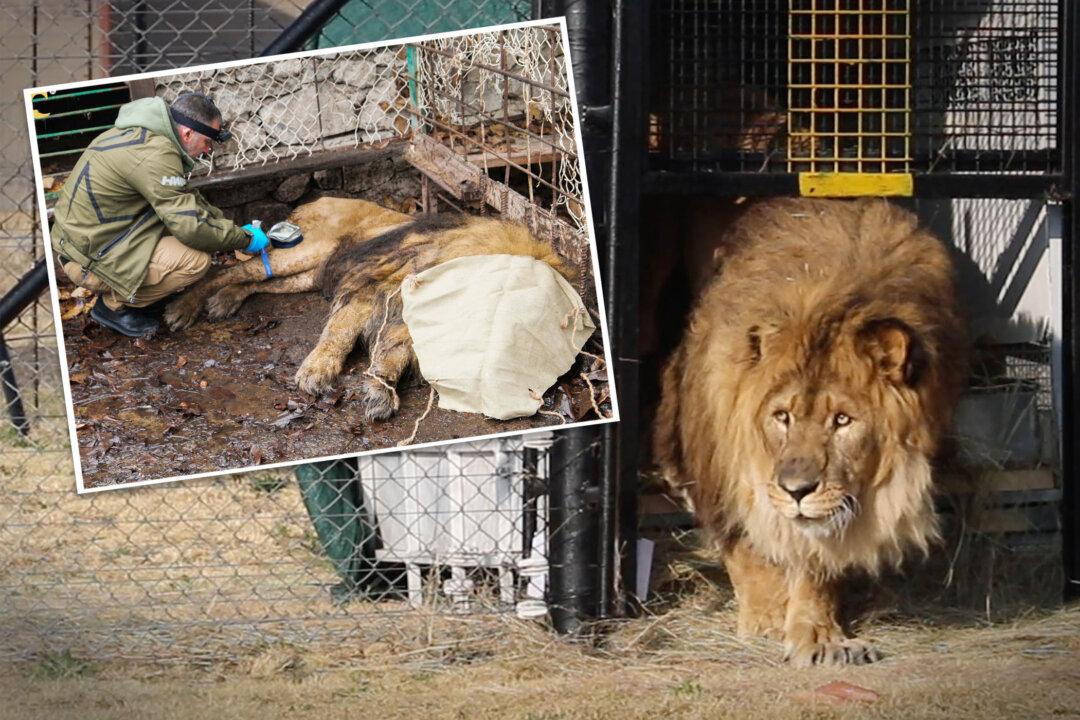Animal lovers across the world were eagerly waiting for Ruben—the “loneliest lion in the world“—to arrive at his final home in South Africa. The wait is over! Ruben is home.
He’s taken his first steps into his new life at a South African sanctuary after spending his entire 15 years of life in a tiny cage, including five years of desperate isolation at an abandoned private zoo, in silence.





